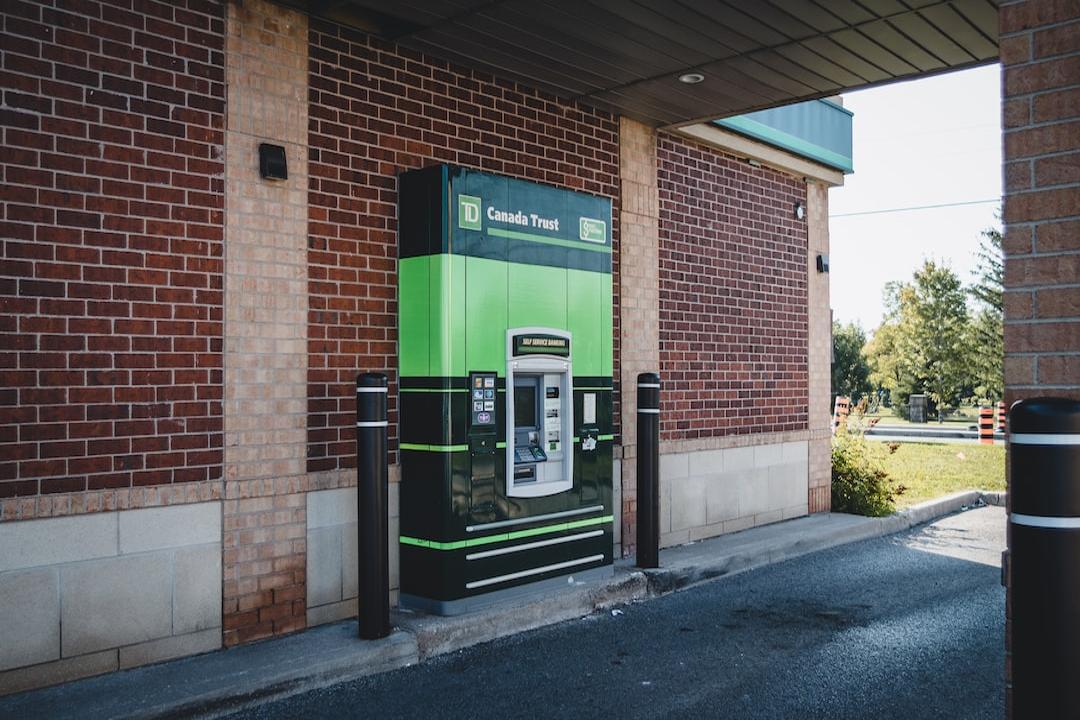Grayscale may be maintaining high fees for its Bitcoin exchange-traded fund (ETF) in order to discourage holders from cashing out while banking on Bitcoin’s price continuing to rise, according to a market analyst. Since its launch on January 11, the Grayscale Bitcoin Trust (GBTC) has experienced daily outflows, totaling over $14 billion by March 25. Many have attributed these outflows to GBTC’s high fees, which are five times higher than the average fees of other spot Bitcoin ETFs. However, the analyst suggests that Grayscale is intentionally keeping the fees high because they believe that GBTC holders are “stuck” and it would be too expensive for them to leave until they need the money. This strategy could prove disastrous if the price of Bitcoin falls, as GBTC selling could increase and tax bill holders might be able to leave and never return to GBTC. Despite the speculation, Bloomberg ETF analyst Eric Balchunas believes that Grayscale will be fine revenue-wise if the price of Bitcoin goes up. The analyst also questions why Grayscale went through the effort of suing the Securities and Exchange Commission (SEC) to convert GBTC to an ETF only to manage it in a way that causes it to slowly lose value. Balchunas suggests that Grayscale may have known that even if GBTC were to lose all its investors, the hype around ETFs would pump up the price of Bitcoin enough to offset the losses and maintain its assets under management. Additionally, Grayscale may not have lowered fees because it didn’t want to lose a significant portion of its revenue. Grayscale likely underestimated the competitiveness of the U.S. ETF market and the cutthroat fee war that issuers engaged in to gain market share. Another possible reason for Grayscale’s approach is its involvement with crypto lender Genesis, as both companies are subsidiaries of Digital Currency Group (DCG). There may have been a selfish interest in Grayscale wanting to exit positions at net asset value to help Genesis, with whom it has been in a lengthy legal battle over collateralized loans.

